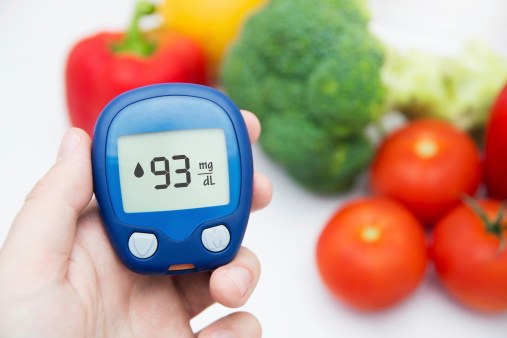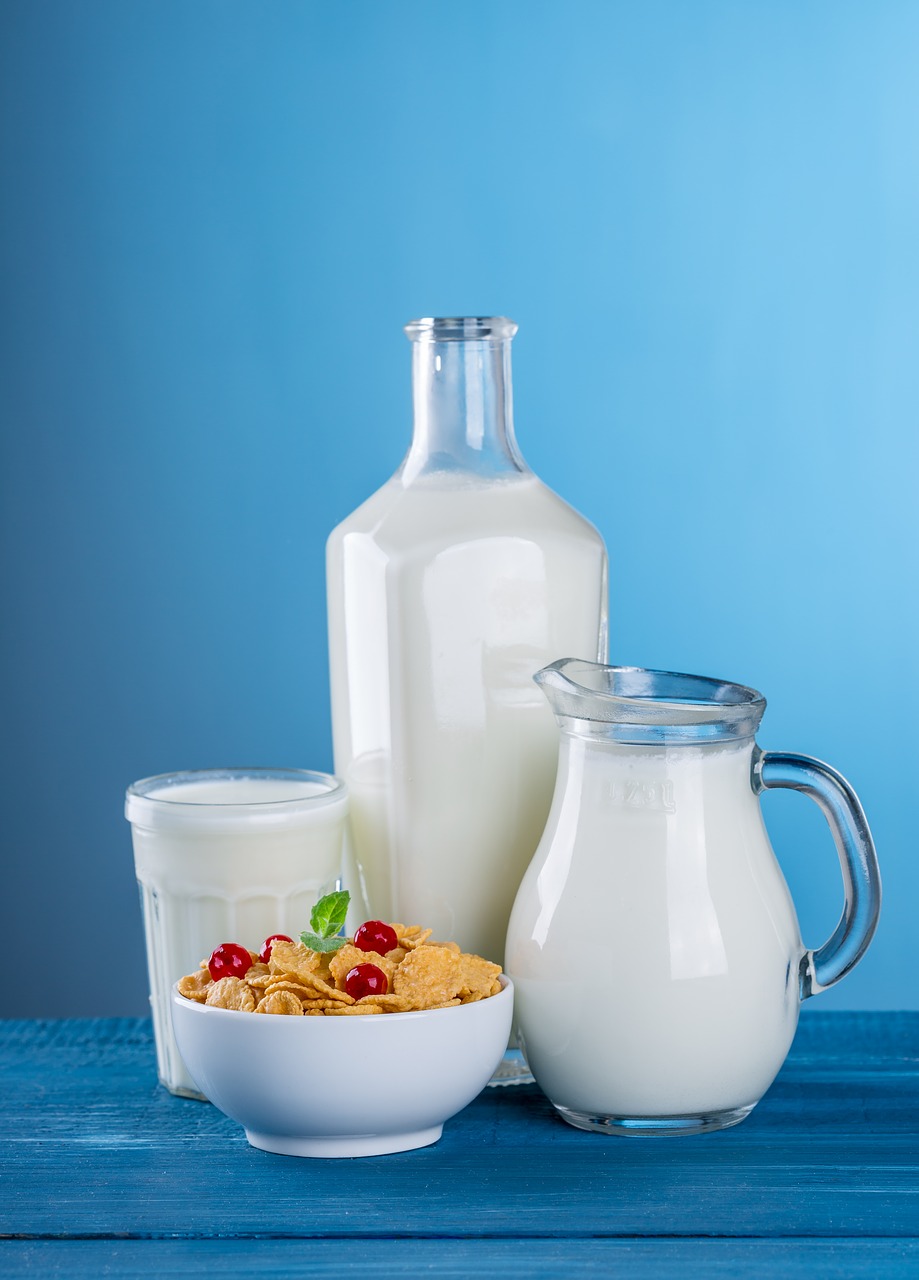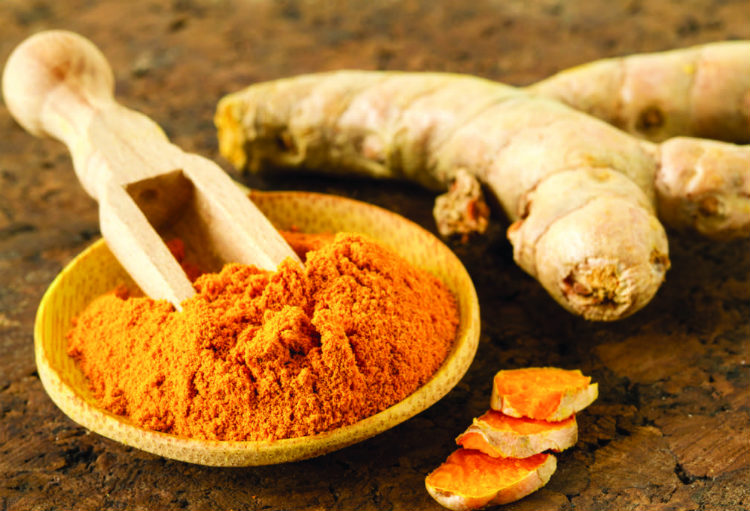Artificial sweeteners and sugar substitutes can cause harm within the body and various kinds of metabolic havoc, such as increasing diabetes risk and causing weight gain in the long term. The new study published in Cell Metabolism suggests that artificial sweeteners can mimic a starvation state in the brain and this causes organisms to seek energy by increasing their food intake.
The study involving a collaboration between the researchers from University of Sydney’s Charkes Perkins Center and the Garvan Institute of Medical Research found that test subjects fed on a diet of yeast or sucrose or a synthetic sweetner sucralose, that’s used within a variety of low-calorie foods. The test subjects fed on the sugar-free diet for five or more days, consumed 30% more calories than those who chose to eat sugar. When the sucralose was removed from the diet, then the number of calories consumed in the formerly sugar-free group went back to normal.
By using a technique known as Proboscis Extension Response (PER) assay, a taste test that can determine if a fly’s interest is within ingesting a certain food. The authors also found that surcalose consumption can result in an increased motivation to eat more real sugar. When the electrical activity is recorded in a fly’s sensillas, the structures housing the taste receptors, it also appeared that a prolonged sucralose diet increased the insects’ sensitivity towards sugar and this means that it’s growing to be found more pleasurable. Sustained consumption of artificial sweetener meant that the animals could detect much smaller concentrations of the real sugar, thereofre meaning they would eat more of it and their physiological response was more intense too, claimed the study’s lead author, Greg Neely.
The study discovered that when sweetness versus energy is out of balance, the brian recalibrates and then the number of calories consumed increases too. Once the brain detects sweetness in the absence of calorie energy, the brain compensates by increasing the palatability of the sugar, and this drives the increase of food consumption. The pathway that the researchers discovered is that nutritious food can taste better when you are starving.
A number of past studies have also indicated that artificial sweeteners can prompt us to eat more, although the literature on this is fairly inconsistent. There is strong evidence however that synthetic “sugars” can be in some way metabolically detrimental via a variety of mechanisms. Research has shown that artificial sweeteners can alter the gut microbe population and promote calorie absorption. Meanwhile another recent study found that ingesting sucralose can impair the body’s ability to process regular sugar. In the Scientific American, contributing writer Ferris Jabr reported that overindulging in fatty and sweet foods can alter brain chemistry in the reward system and this drives us to overeat.
Consuming artificial sweeteners can render foods even more unpalatable than usual and this can set us up to lose the battle against our own willpower. However, the frustrating part is that many doctors are not recommending to give up these dangerous foods. Giving up artificially sweetened food in favour of sugary alternatives means that excess sugar intake comes with its own set of problems.
Choose a Healthy Anti-Inflammatory Diet
A diet that is rich in dark skinned fruits such as berries, nuts, seeds and legumes is highly recommended as they are usually rich in antioxidants, low in fat and sugars. The latter in particular is anti-inflammatory and is best for general health. Inflammation can be brought under control by eating a diet rich in these foods and avoiding refined sugars, processed junk and starchy carbohydrates including pizza, pasta, cereals, breads, pastries, and even grains like white rice and potatoes. All of these foods break down within the body into sugars that can spike insulin levels and cause unforeseen damage to general health.





